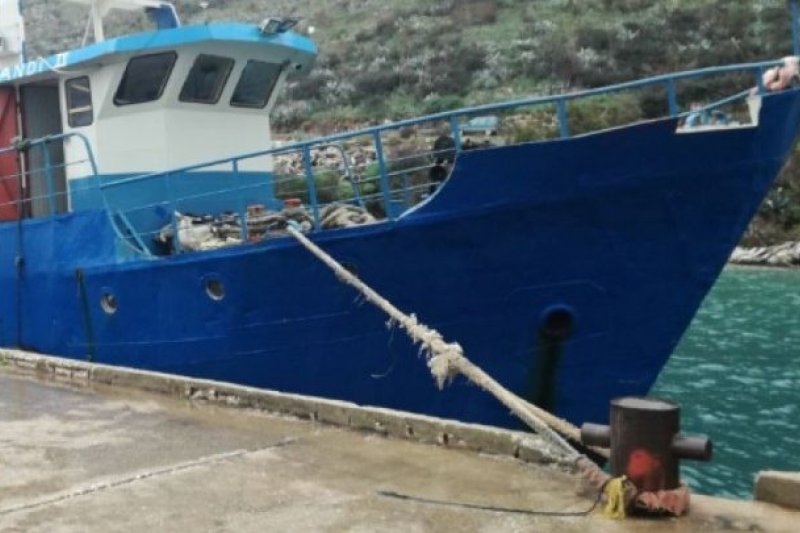Paris Memorandum Restores 'Black Flag' For Albanian Ships
The Paris Memorandum restores the black flag for Albanian ships after 11 years, categorizing them as high risk for international operators.
In the official statement, the Paris Memorandum Committee (a mechanism that conducts inspections on shipping standards in Europe) announced that it has approved new performance lists for the flags of the 70 countries they monitor.
All 70 countries were categorized into three lists, white, gray and black, according to service and security standards. Albania was ranked 70th at the bottom of the blacklist, comparable only to some African countries. The ship performance list enters into force on 1 July 2021.
The "White, Gray and Black (WGB)" lists represent the full spectrum, from high quality flags to low performance flags that are considered high or very high risk.
The ranking in the list is based on the total number of inspections over a 3-year period. Over 70 inspections were carried out on Albanian ships during the period 2018-2020.
The "White List" represents ships with high quality flag flags. Flags with an average performance are shown in the "Gray List". This classification can serve as an incentive to improve and move to the "White List". At the same time the flags at the bottom of the "Gray List" must be careful not to neglect control over their ships and risk ending up in the "Black List" next year.
Regarding the "White, Gray and Black List" for 2020, a total of 70 flags are listed, 39 in the "White List", 22 in the "Gray List" and 9 in the "Black List". In 2019 the total number of flag states on the list was also 70 of which 41 in the "White List", 16 in the "Gray List" and 13 in the "Black List".
For several years, the Committee has closely monitored the performance of ships acting on behalf of States. From 1 July 2021 new ship performance lists will be used to calculate the Ship Risk Profile.
The Paris Memorandum exercises an inspection regime for ships registered at ports, other than those belonging to the port country, in order to take action against ships that do not comply with the rules and security. Inspectors are called officers and are required to investigate compliance with the requirements of international conventions. Inspections include checking the ship and personnel if they are in accordance with international law in force, the pilot's skills and the ship's equipment.













